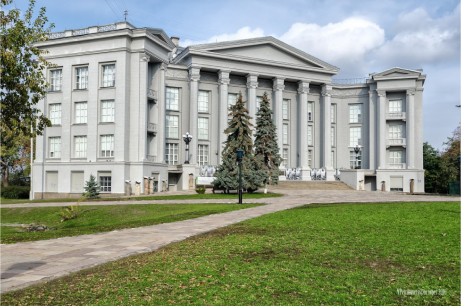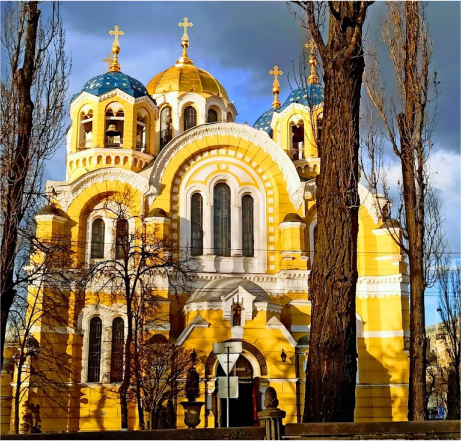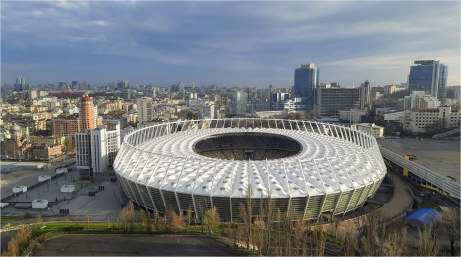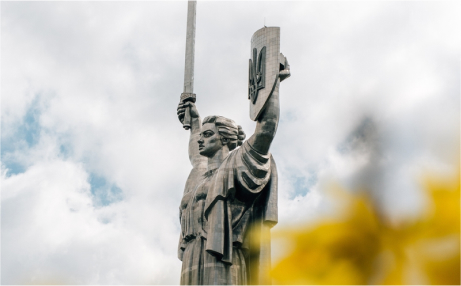Discover Kyiv
Kyiv – one of the oldest cities in Europe, with a history spanning over 1,500 years, believed to have originated in the 5th century.
According to legend, the city's founders were brothers Kyi, Shchek, and Khoryv, along with their sister Lybid – figures who have become symbols of the city and its cultural heritage.
From the 9th century, Kyiv emerged as the heart of Kyivan Rus, a powerful medieval state that encompassed vast territories of Eastern Europe. During this period, the city became an important political, trade, and cultural hub.
In the 13th century, Kyiv suffered a devastating blow from the Mongol invasion, which marked a turning point in its history. Despite this, the city retained its significance and underwent new phases of development under the rule of the Grand Duchy of Lithuania, the Polish-Lithuanian Commonwealth, and the Russian Empire. By the late 19th and early 20th centuries, Kyiv experienced a revival as an industrial and cultural center, becoming a focal point of the Ukrainian national movement, education, and science.
With Ukraine's declaration of independence in 1991, Kyiv was established as the capital of a sovereign state. Today, it serves not only as the administrative center but also as the cultural heart of the country, impressing with its rich history, stunning architecture, and modern dynamism. Majestic cathedrals, ancient streets, and numerous parks harmoniously blend with modern infrastructure, making Kyiv a tourist magnet and a symbol of Ukrainian independence.









